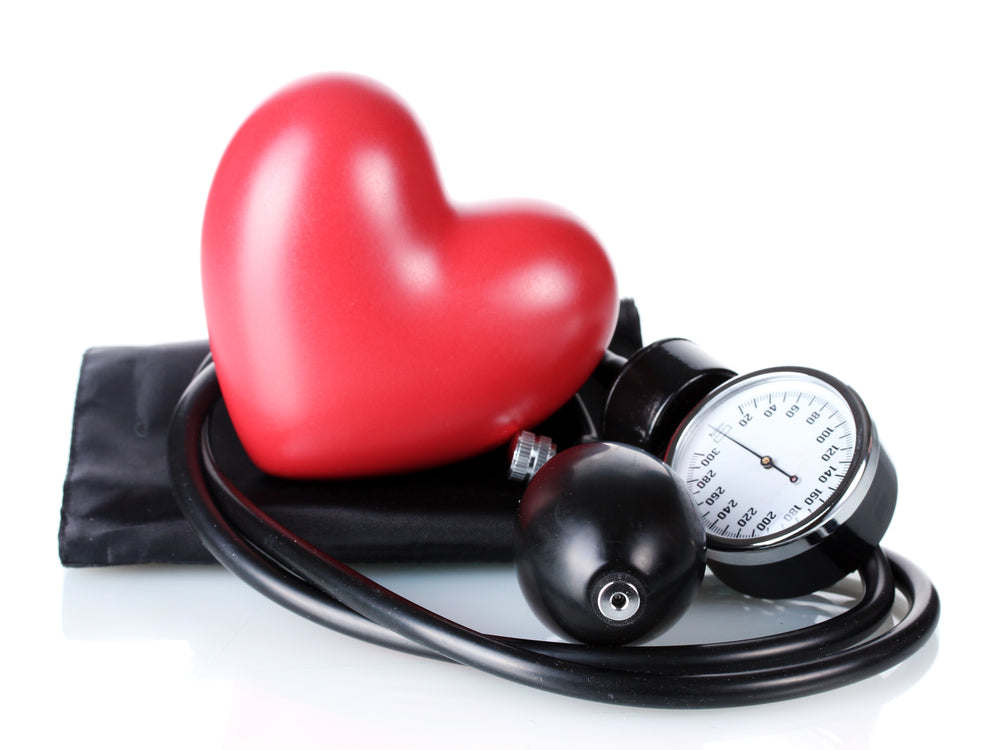Your body needs vitamin B12 to create DNA, red blood cells, and nerves.
But as awesome as your body is, it can't make B12 on its own. It relies on dietary or supplement sources to build up its required 2.4 micrograms per day.
But roughly 10-13% of all U.S. adults aren't able to absorb natural B12 from food, no matter how much they take in. Other people, such as vegans, don't eat enough dairy or meat to reach that amount.
People over the age of 50 are also at risk, as are those suffering from celiac disease or alcoholism.
Luckily, a vitamin B12 deficiency is fairly easy to spot and correct. Let's take a look at the symptoms.
 B12 helps your body metabolize food and turn it into energy. It also helps you transport oxygen throughout your body. Without B12, this process becomes difficult and you wind up feeling sluggish and tired.
B12 helps your body metabolize food and turn it into energy. It also helps you transport oxygen throughout your body. Without B12, this process becomes difficult and you wind up feeling sluggish and tired.
 In the absence of sufficient vitamin B12, your body cannot produce enough red blood cells. This places you at risk of having low blood pressure, which results in dizziness, fainting, lack of concentration, blurred vision, depression, fatigue and pale skin.
In the absence of sufficient vitamin B12, your body cannot produce enough red blood cells. This places you at risk of having low blood pressure, which results in dizziness, fainting, lack of concentration, blurred vision, depression, fatigue and pale skin.
 In 2001, a study published in the Journal of Reproductive Medicine found that vitamin B12 deficiency is linked to infertility as well as repeat miscarriages.
Researchers say this is because vitamin B12 deficiency causes changes in ovulation. It also raises homocysteine levels, a major cause of fetal loss.
In 2001, a study published in the Journal of Reproductive Medicine found that vitamin B12 deficiency is linked to infertility as well as repeat miscarriages.
Researchers say this is because vitamin B12 deficiency causes changes in ovulation. It also raises homocysteine levels, a major cause of fetal loss.
5 Signs of Vitamin B12 Deficiency
1. Fatigue
 B12 helps your body metabolize food and turn it into energy. It also helps you transport oxygen throughout your body. Without B12, this process becomes difficult and you wind up feeling sluggish and tired.
B12 helps your body metabolize food and turn it into energy. It also helps you transport oxygen throughout your body. Without B12, this process becomes difficult and you wind up feeling sluggish and tired.
2. Tingling Sensations
Vitamin B12 is crucial for healthy nerve function. A deficiency can lead to a condition known as peripheral neuropathy. Peripheral neuropathy causes a breakdown in the nerves that carry messages from various parts of the body to the brain. This produces sensations of tingling and numbness throughout the body.3. Low Blood Pressure
 In the absence of sufficient vitamin B12, your body cannot produce enough red blood cells. This places you at risk of having low blood pressure, which results in dizziness, fainting, lack of concentration, blurred vision, depression, fatigue and pale skin.
In the absence of sufficient vitamin B12, your body cannot produce enough red blood cells. This places you at risk of having low blood pressure, which results in dizziness, fainting, lack of concentration, blurred vision, depression, fatigue and pale skin.
4. Hypothyroidism
Your thyroid is responsible for regulating growth and hormones. To function properly it requires several nutrients, one of which is vitamin B12. In the absence of sufficient B12, the thyroid gland does not produce enough hormones, resulting in hypothyroidism. Effects of hypothyroidism include weight gain, low heart rate, hair loss, impaired memory and skin damage.5. Infertility and Miscarriage
 In 2001, a study published in the Journal of Reproductive Medicine found that vitamin B12 deficiency is linked to infertility as well as repeat miscarriages.
Researchers say this is because vitamin B12 deficiency causes changes in ovulation. It also raises homocysteine levels, a major cause of fetal loss.
In 2001, a study published in the Journal of Reproductive Medicine found that vitamin B12 deficiency is linked to infertility as well as repeat miscarriages.
Researchers say this is because vitamin B12 deficiency causes changes in ovulation. It also raises homocysteine levels, a major cause of fetal loss.





